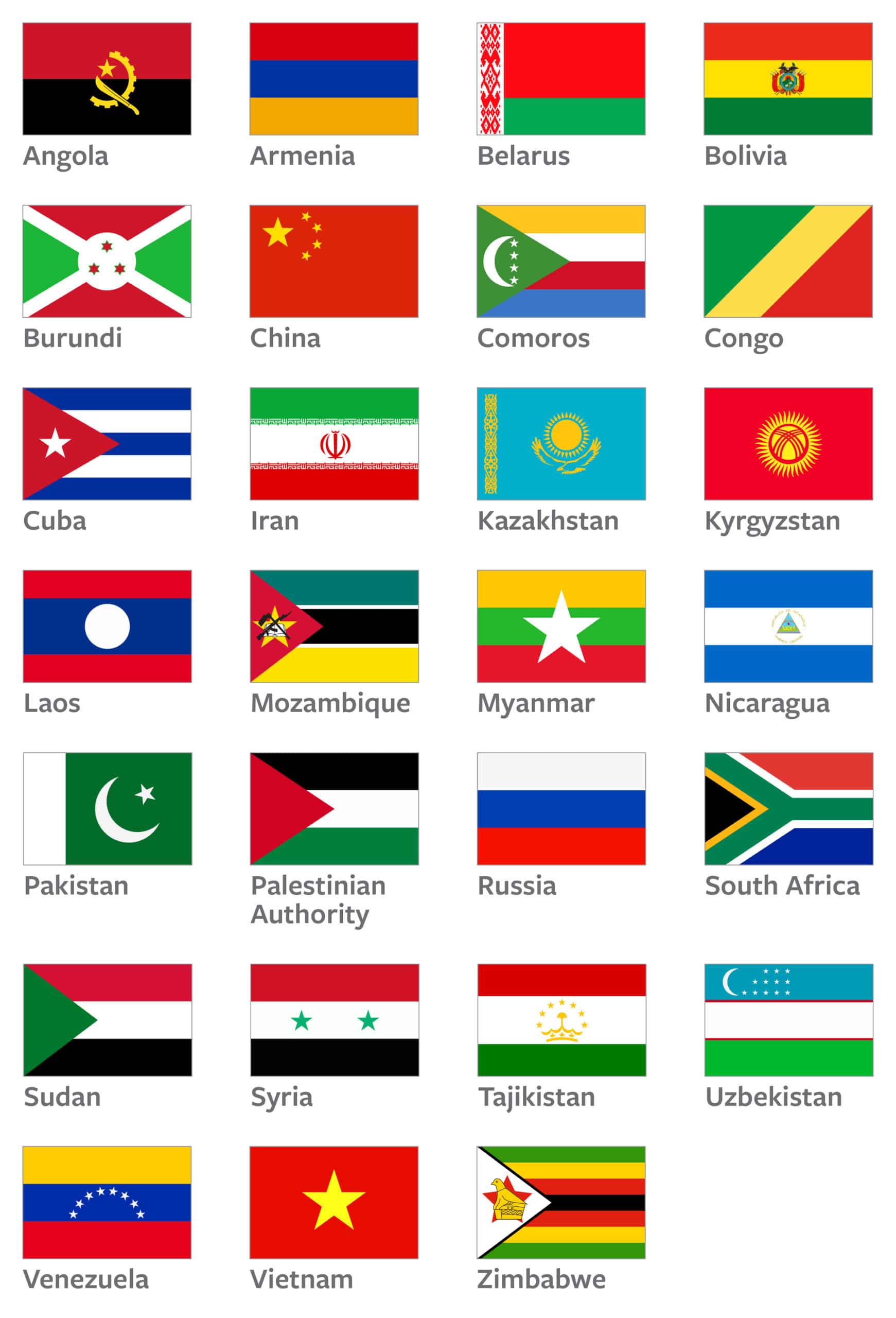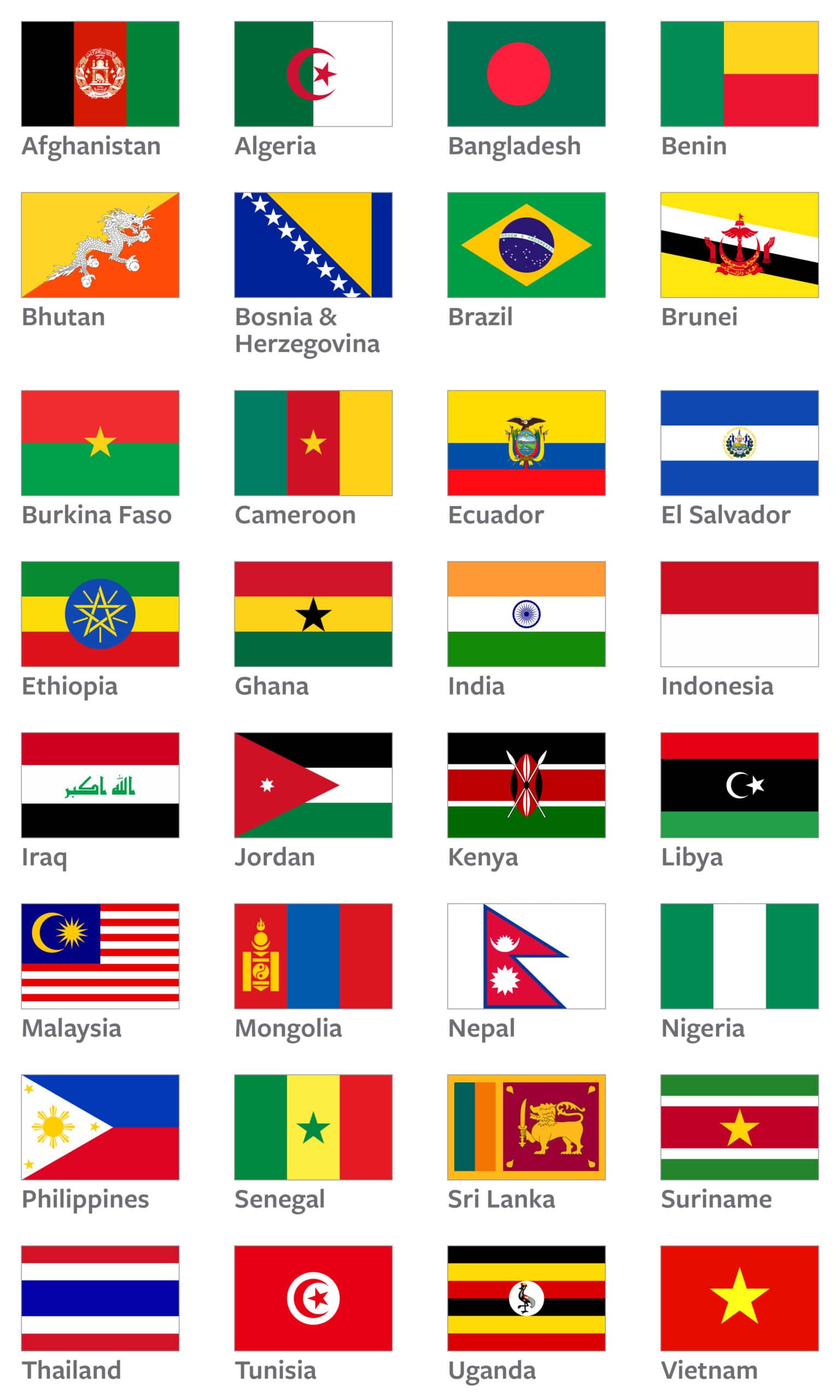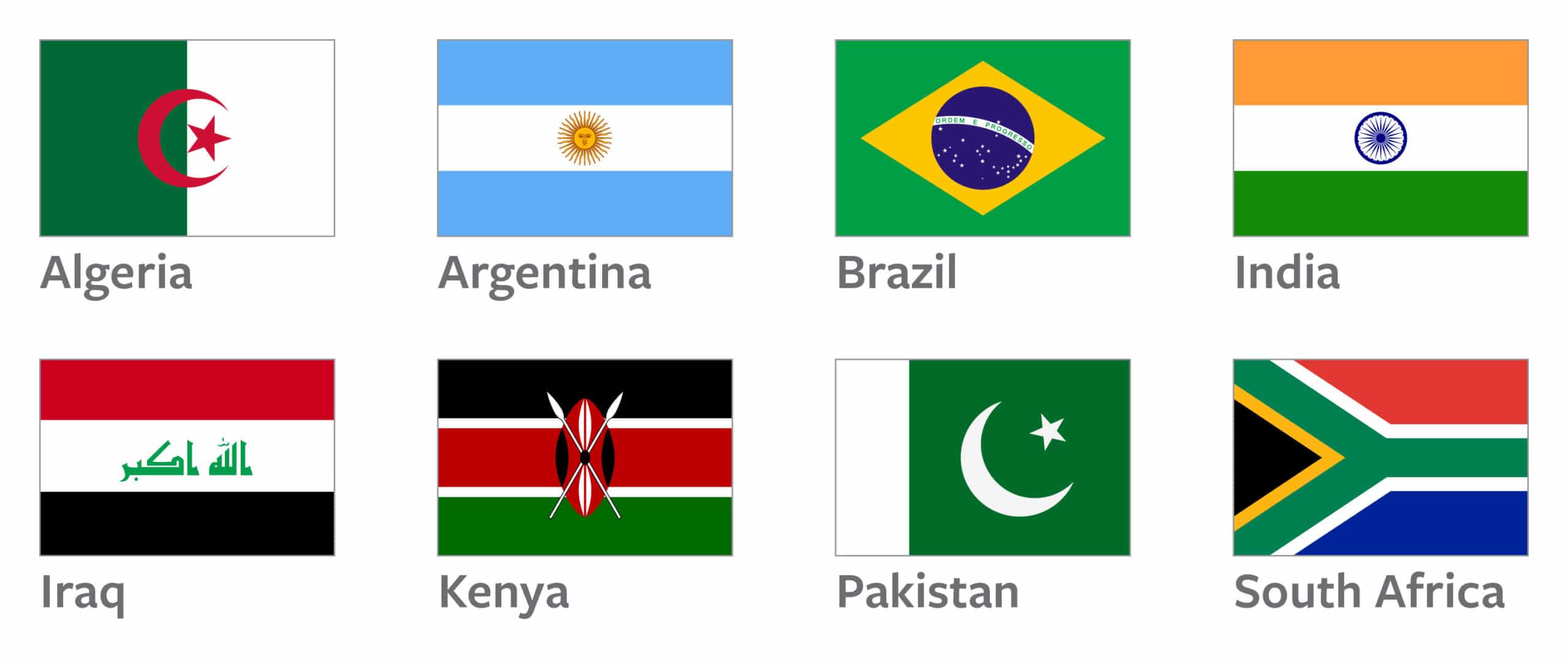November 25, 2020 | Visual
Who Votes With Russia at the OPCW?
November 25, 2020 | Visual
Who Votes With Russia at the OPCW?
The Russian Federation has attempted to prevent the Organization for the Prohibition of Chemical Weapons (OPCW) from holding Moscow and its client states accountable for their use of chemical weapons under the 1993 Chemical Weapons Convention (CWC). Thus far, the OPCW’s voting process, which features open ballots and requires a two-thirds majority to approve decisions, has allowed the organization to operate more effectively than many other international bodies, which often allow small minorities or even a single member to block decisions. To address Russian obstruction, the United States will have to preserve and broaden the coalition of OPCW member states committed to holding accountable those who violate the CWC.
The OPCW’s governing bodies are the all-member Conference of the States Parties (CSP), the organization’s principal and plenary body, and the Executive Council (EC), an elected organ of 41 member states. FDD has learned that the CSP may hold a truncated version of its annual gathering from November 30 to December 1, 2020, where it will discuss administrative matters, while delaying votes on substance until a planned meeting in early 2021. The EC held the last of its triannual meetings from October 6 to 9, 2020.
Russia’s obstruction seeks to prevent the OPCW from investigating Moscow’s use of a military-grade chemical nerve agent called Novichok to poison enemies of the state, as well as the use of chemical weapons against civilians by the Bashar al-Assad regime in Syria starting in 2013. Russia and its voting bloc have also attempted to prevent the OPCW from taking care of basic organizational business, such as passing annual budgets, agendas, and programs of work. These efforts have sometimes delayed EC decisions until subsequent meetings, since an abstention by an EC member makes reaching a two-thirds majority more difficult.
The table and list below provide the first publicly available breakdown of voting patterns of OPCW member states. This analysis identifies two main groups of non-cooperative states: first, U.S. adversaries and the lesser powers in their orbit, which actively side with Russia in OPCW voting; and, second, member states that frequently abstain, thereby making it harder to reach the two-thirds threshold. Twenty-seven member states are in the former category, and 35 are in the latter.
The United States has positive relations with many countries that frequently abstain; Washington should leverage these relationships to broaden the coalition of member states committed to upholding the integrity of the CWC and the OPCW.
Certain countries that often vote with Russia may also be amenable to persuasion, such as South Africa and Vietnam. Armenia seeks to maintain U.S. economic support. The Palestinian Authority will seek to obtain renewed U.S. economic funding next year. Sudan is part of a U.S.-assisted normalization process with Israel.
Working through the OPCW, the next administration can show that multilateral diplomacy is capable of ensuring accountability for regimes that violate binding treaties with their concealment and use of chemical weapons.
Top Adverse Voters in CSP
7+ adverse votes out of 15
Top Abstained Voters in CSP
4+ abstained votes out of 8
Top Adverse Voters in EC
5+ adverse votes out of 11
Top Abstained Voters in EC
4+ abstained votes out of 9
Vote Records by Country
| Country | Abstentions in CSP | Adverse Votes in CSP | Absentions in EC | Adverse Votes in EC |
|---|---|---|---|---|
| Afghanistan | 5 | |||
| Algeria* | 7 | 6 | 7 | 3 |
| Angola | 1 | 7 | ||
| Argentina* | 4 | |||
| Armenia | 8 | |||
| Azerbaijan | 5 | 2 | ||
| Bangladesh* | 5 | 2 | 1 | |
| Belarus | 14 | |||
| Benin | 4 | |||
| Bhutan | 4 | |||
| Bolivia | 1 | 13 | ||
| Bosnia & Herzegovina | 6 | |||
| Botswana | 1 | |||
| Brazil* | 7 | 7 | ||
| Brunei | 4 | |||
| Burkina Faso | 8 | |||
| Burundi | 12 | |||
| Cambodia | 1 | 6 | ||
| Cameroon* | 4 | 2 | 1 | |
| Chile* | 2 | |||
| China | 15 | 10 | ||
| Comoros | 7 | |||
| Congo | 7 | |||
| Cuba | 14 | |||
| DR Congo | 3 | |||
| Ecuador | 7 | |||
| El Salvador* | 7 | 1 | ||
| Eritrea | 2 | |||
| Eswatini | 2 | |||
| Ethiopia | 8 | |||
| Ghana* | 4 | 2 | 1 | |
| Guatemala* | 1 | 1 | 1 | |
| India* | 4 | 5 | 8 | 1 |
| Indonesia | 4 | 1 | 3 | |
| Iran | 15 | 10 | ||
| Iraq* | 7 | 7 | ||
| Japan* | 1 | |||
| Jordan | 8 | |||
| Kazakhstan | 14 | |||
| Kenya* | 6 | 1 | 9 | 1 |
| Kyrgyzstan | 8 | |||
| Laos | 1 | 13 | ||
| Lebanon | 1 | |||
| Libya | 4 | |||
| Malaysia | 7 | |||
| Mongolia | 7 | 1 | ||
| Morocco* | 1 | 3 | ||
| Mozambique | 1 | 7 | ||
| Myanmar | 15 | |||
| Namibia | 1 | |||
| Nepal | 8 | |||
| Nicaragua | 15 | |||
| Nigeria* | 4 | 3 | 1 | |
| Pakistan* | 1 | 10 | 8 | 2 |
| Palestinian Authority | 8 | |||
| Panama | 1 | |||
| Peru* | 1 | |||
| Philippines* | 7 | 1 | 2 | |
| Russia | 15 | 11 | ||
| Rwanda | 1 | |||
| Saudi Arabia* | 3 | |||
| South Africa* | 1 | 12 | 7 | 2 |
| South Korea* | 1 | |||
| Senegal* | 4 | 2 | 1 | |
| Sri Lanka | 8 | |||
| Sudan* | 14 | 3 | 3 | |
| Suriname | 7 | |||
| Sweden | 1 | |||
| Syria | 15 | |||
| Tajikistan | 14 | |||
| Thailand | 6 | |||
| Togo | 1 | |||
| Tunisia | 4 | |||
| UAE* | 1 | 1 | ||
| Uganda | 8 | 1 | ||
| Uzbekistan | 14 | |||
| Venezuela | 15 | |||
| Vietnam | 4 | 7 | ||
| Zimbabwe | 8 |
Asterisk (*) denotes current EC member states as of October 2020



